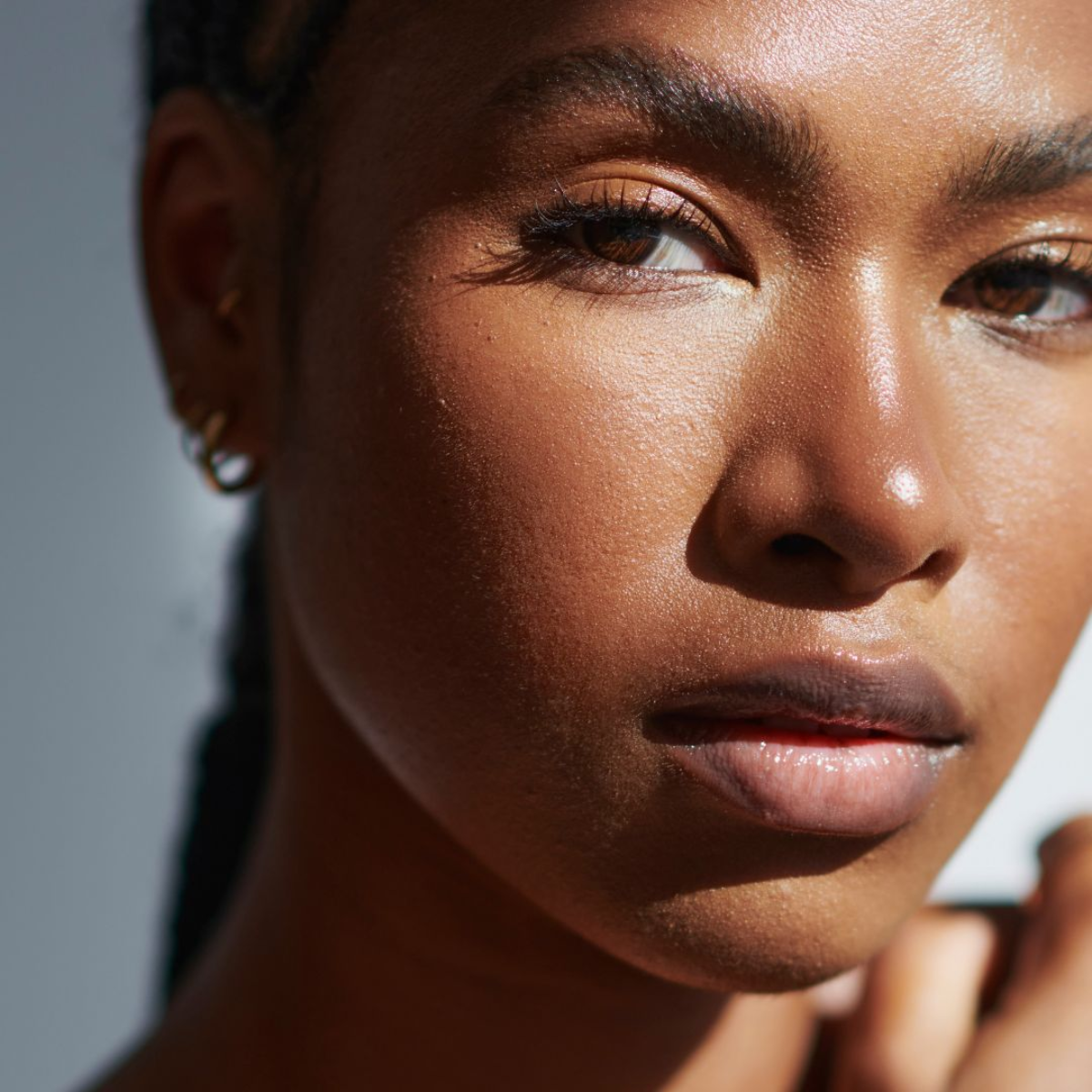How are we really spending our money? Meet 'The New Rich'
With buying a house a distant dream for many of us, the way we spend our money is changing – think amazing holidays, meals out and lots of cocktails

With buying a house a distant dream for many of us, the way we spend our money is changing – think amazing holidays, meals out and lots of cocktails
Natalie Edwards, 33, is sitting in a beautiful co-writing space in Melbourne, Australia. A few years ago she quit her job as an art director in London to become an intuitive coach for women. It meant less money, but it was worth it. ‘You can’t put a price on doing what you love,’ she says. Natalie is not alone. While millennials may miss out on the fiscal advantages of their parents, they are increasingly carving out their own perks. The financial narrative may be different, but it’s not necessarily worse.
‘Creativity and innovation are the great millennial advantages,’ says Stefanie O’Connell, millennial money expert and author of The Broke And Beautiful Life. ‘We know how to make the most of the resources we’ve been given – that’s why we see so many millennials leveraging the power of the internet as bloggers or with start-ups.’
‘Since the recession, there’s been a huge increase in people who are self-employed,’ agrees Hannah Maundrell, editor in chief at Money.co.uk. ‘This means that instead of one 9-to-5 role, many people now have a portfolio of jobs.The big purchases like a house feel so far out of reach, millennials go for instant gratification instead.’
And while it may seem incongruous to see those espousing frugality heading off to Paris on Instagram, it makes sense. Look closely and you will see that the trip is Airbnb all the way. Cocktails, meals out and foreign holidays – ironically the things that their parents, who were homeowners in their twenties, couldn’t afford – are now cheaply available.
These treats are prioritised, too. An EventBrite study found that 78 per cent of millennials preferred to spend their money on an ‘experience’ than an item. It’s why Katie McGuinness, 32, decided to go travelling for three months with her boyfriend. ‘It was hard to save beforehand, but we just kept the trip in mind and that spurred us on,’ she says. ‘It was about having a life-changing experience.’
There is no doubt that millennials’ attitude to money is a direct reaction to emerging into adulthood slap in the middle of a recession. The average 22 to 30-year-old’s income is now 8 per cent lower than it was in 2008, according to the Institute for Fiscal Studies, and The Office of National Statistics show that the average under 30-year-old spends nearly a quarter of their monthly outgoings on rent – more in London.
Marie Claire Newsletter
Celebrity news, beauty, fashion advice, and fascinating features, delivered straight to your inbox!
All of this means that house-buying and retiring at 60 seems as achievable as a double lottery win. Is it any surprise, then, that millennials have changed the rules? For Natalie, her perspective on money has altered. ‘I no longer view saving as a way to live,’ she says. ‘When I’ve saved in the past, something has happened which meant the money gets spent on something else anyway.’
But we shouldn’t ignore the future altogether. Maundrell recommends taking advantage of government schemes such as Help to Buy ISAs and workplace pensions. Beyond that, #frugality seems to be as good a way as any to play the current financial landscape.
Paris, anyone?
The leading destination for fashion, beauty, shopping and finger-on-the-pulse views on the latest issues. Marie Claire's travel content helps you delight in discovering new destinations around the globe, offering a unique – and sometimes unchartered – travel experience. From new hotel openings to the destinations tipped to take over our travel calendars, this iconic name has it covered.
-
 Selena Gomez has re-entered the conversation about her 'Emilia Pérez' criticism
Selena Gomez has re-entered the conversation about her 'Emilia Pérez' criticismBy Jenny Proudfoot
-
 I'd never run a marathon before - six years on, I'm one of the UK's fastest female marathoners. Here's how I train every week
I'd never run a marathon before - six years on, I'm one of the UK's fastest female marathoners. Here's how I train every weekSerious inspo, served.
By Ally Head
-
 There’s a big difference between sensitive and *sensitised* skin—here are four derms on the key distinctions
There’s a big difference between sensitive and *sensitised* skin—here are four derms on the key distinctionsPlus, ways to approach both
By Denise Primbet